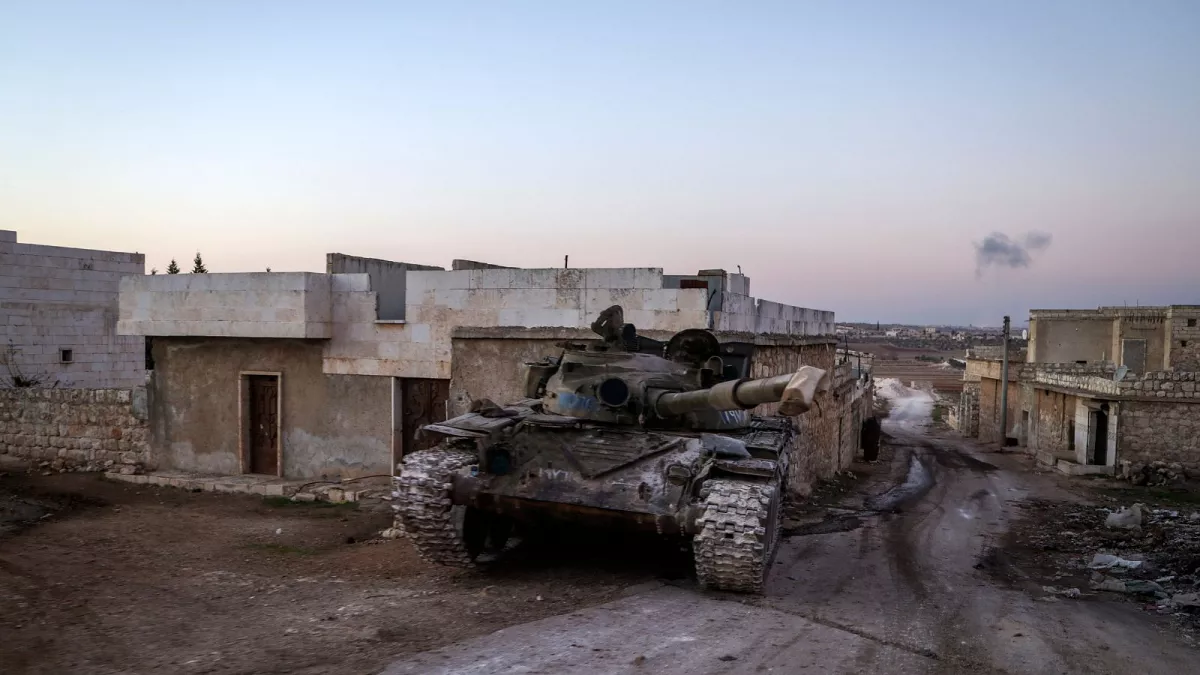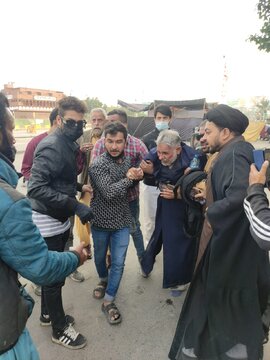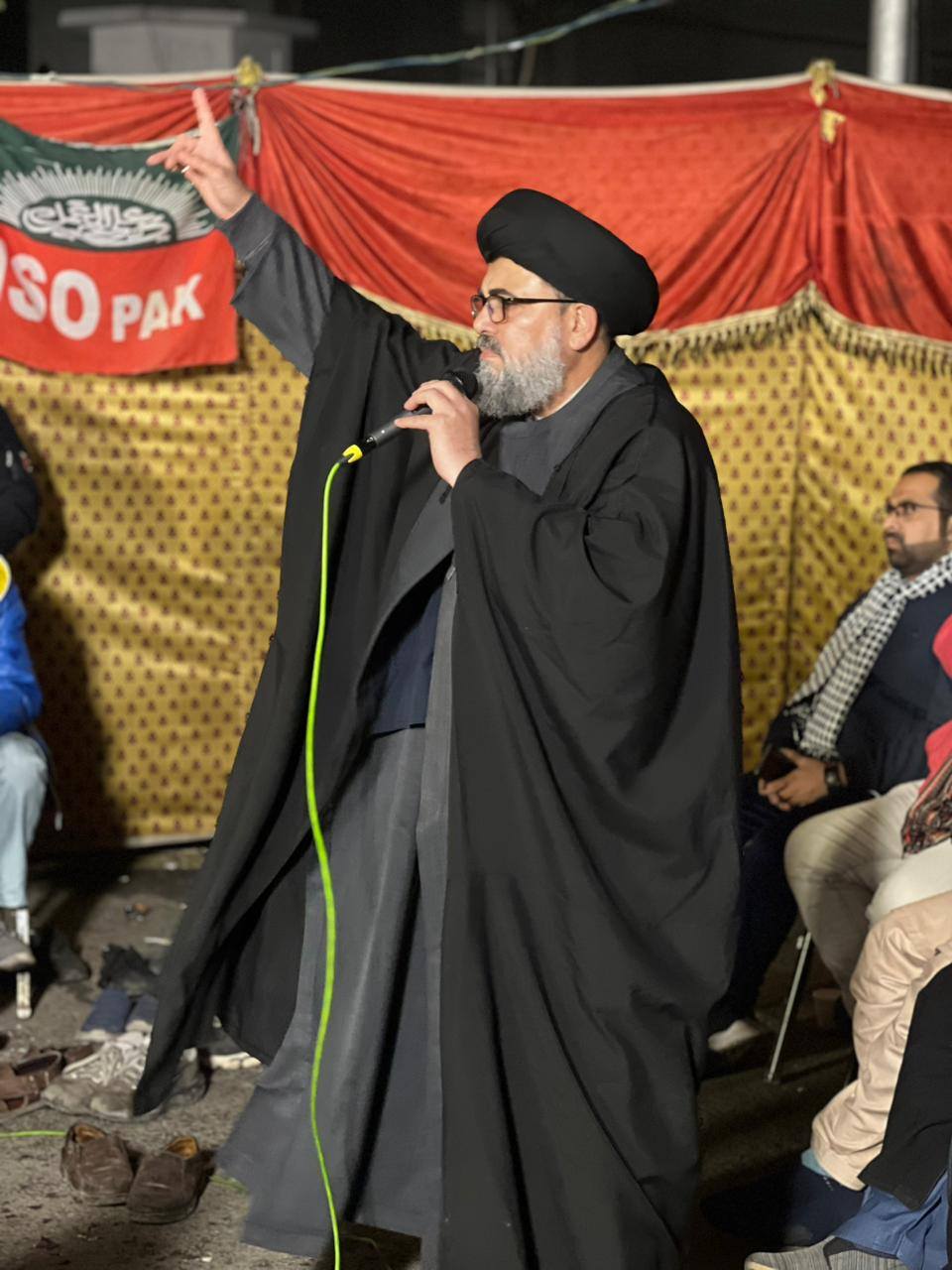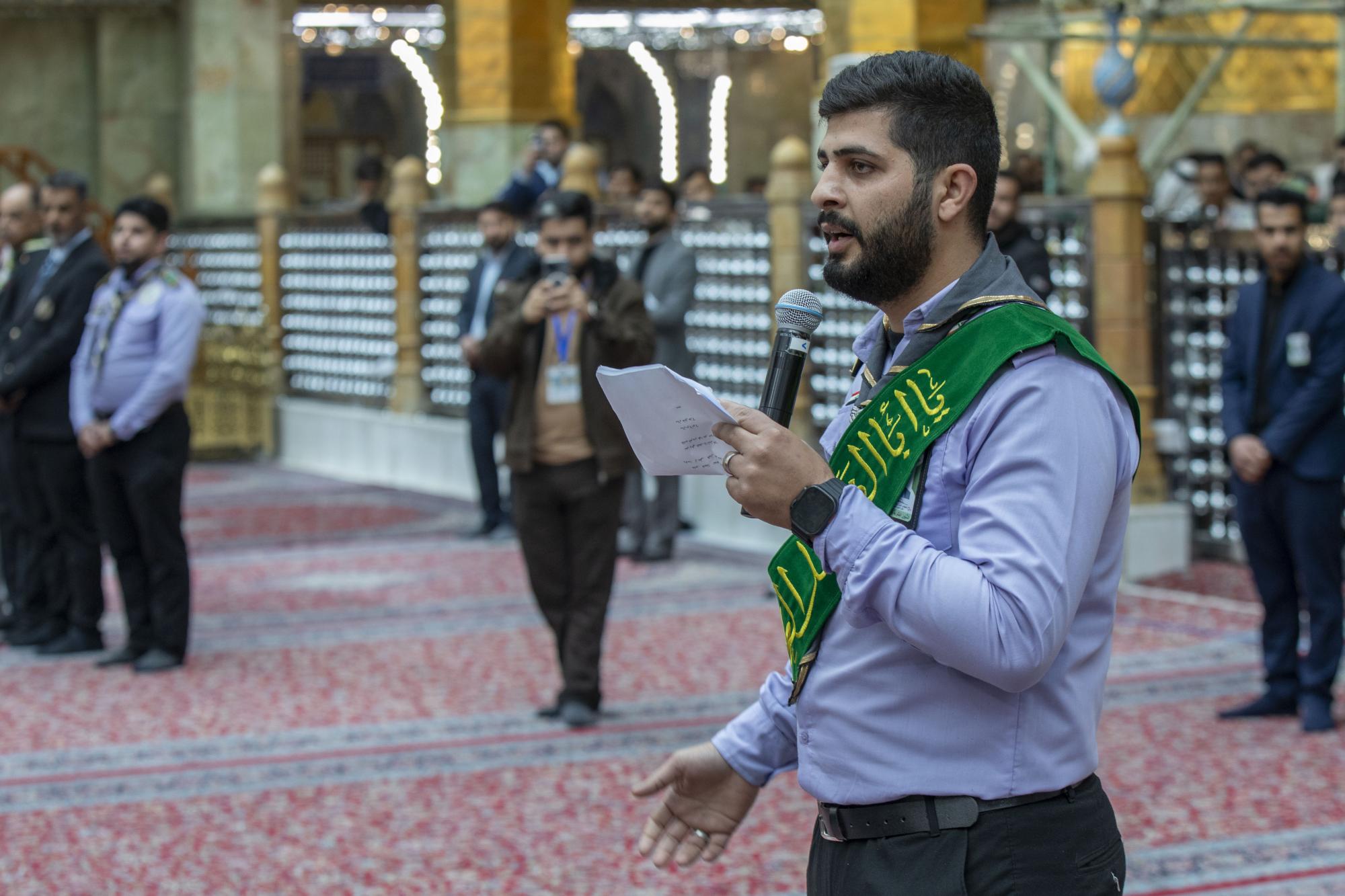Though according to the terms of the deal the Israeli occupation forces should stop their attacks and move back from Lebanon border, pieces of evidence show that the Israeli military has not implemented the agreement and has violated it several times.
According to media reports, Tel Aviv has so far violated the truce 19 times, 13 having taken place only on Thursday.
Lebanese sources said Israeli fighter jets have attacked a base in southern Lebanon. Israelis claimed the base is operated by Hezbollah and rockets were stored in it.
In other violations, an Israeli tank fired two shots at Kafr Shouba and one at Al-Wazani town in Nabatieh.
Furthermore, Israeli artillery shelled heights of Halta town in Nanatieh and Ra'as Dhahr in western Mies Al-Jabal in Marjayoun neighborhood of the south. This is beside flights of surveillance drones over Tyre in Dhahiya and Bint Jbeil in Nabatieh.
On Wednesday, the first day of the agreement, the Israeli regime committed five violations of the ceasefire agreement, during which the army opened fire on a group of journalists in the town of Khayyam while they were covering the return of displaced residents, injuring two people.
The Israeli artillery also fired five rounds near the Fatima Gate in the town of Kafr Qala, two rounds towards the town of Al-Udaysa, and one round towards Khayyam.
On the other hand, the Israeli army arrested four people in southern Lebanon for allegedly approaching its forces in the area. Commenting on the incident, Israeli Prime Minister Benjamin Netanyahu claimed that they were affiliated with Hezbollah and that a local commander was among them.
The exponential increase in the frequency of flagrant ceasefire violations comes as Netanyahu once again threatened on Thursday night that the Israeli army is ready for a fierce war in Lebanon if the ceasefire is violated. It was after these statements that Israeli tanks entered the border village of Khayyam on Friday.
Also, on Friday night, the Israeli military heavily fired at the Maroun al-Ras area and a number of neighborhoods in the city of Bint Jbeil with their machine guns.
No hope in US, UNIFIL guarantees for truce
One issue that emboldens the Israeli leaders for future adventures is the US support that continues in various ways during the ceasefire.
Amid the Israeli violations, the commander of the Special Operations at the US Central Command (CENTCOM) General Josper Jeffers visited Beirut. He, along with US special envoy to Lebanon Amos Hochstein, leads a committee that oversees the mechanism for the ceasefire.
A CENTCOM statement said that "the committee that oversees the implementation of the ceasefire mechanism will be chaired by the US and include the Lebanese Armed Forces, the Israeli army, UNIFIL, and France."
Al-Akhbar newspaper reported that Jeffers held talks with the Lebanese army commander Joseph Aoun after arriving in Beirut.
“The ceasefire agreement stipulated the withdrawal of the Israeli army, but the enemy violated the initiative and if this continues, it will not allow the Lebanese army to carry out its mission and deploy in the south," said Aoun.
Aoun stressed: “The tasks assigned to the Lebanese army in the agreement include monitoring any movement or inspection of facilities and centers, but the Israeli army is deliberately carrying out these tasks, and this action is unacceptable.”
It seems that with the Netanyahu government's opposition to the presence of France as a guarantor of the ceasefire, the implementation case has officially been handed over to the US, and this situation will only benefit the Israelis.
Jasper's trip to Beirut is also aimed at convincing the Lebanese side to implement the ceasefire so as not to react to the adventures of the Israeli army.
Throughout the history of Israeli regime, Washington has proven that it will only serve the interests of Tel Aviv against its enemies, and this time, the Lebanese should not be fooled by the changing colors of the White House officials.
The Lebanese are also not contented with the performance of the UN peacekeeping forces known as UNIFIL. UNIFIL has been responsible for monitoring the ceasefire between Lebanon and the Israeli regime since its inception in 1978, but, it narrates the reality on the ground differently.
In its periodic reports to the UN Security Council, UNIFIL often highlights what it considers to be Lebanese violations of the ceasefire while downplaying repeated Israeli violations. For example, a report by the UN Secretary-General on the implementation of Security Council Resolution 1701, covering the period from 21 June to 20 October 2023, focused mainly on rocket fire from southern Lebanon, with only limited mention of ongoing Israeli airstrikes on Lebanese border villages.
This biased reporting provides a breeding ground for disinformation and reinforces Tel Aviv’s grossly inaccurate narrative of events on the international stage. The threats emanating from Lebanon are highlighted and exaggerated in UNIFIL reports, while Israeli violations are either ignored or minimized.
Villagers in southern Lebanon regularly complain about the imposition of severe restrictions on their movement in border areas, ostensibly for security reasons, while Israeli military incursions, such as installing barbed wire inside Lebanese territory or conducting reconnaissance operations, are largely ignored by UNIFIL.
Despite the UN UNIFIL's service to the Israelis, Israeli forces have bombed them several times since war on Gaza began any time they decided that the international mission does not serve their interests. Still, the UNIFIL has limited its response to diplomatic reports to the UN.
In another report, the occupation regime's spy devices were recently discovered inside Lebanon near UNIFIL sites. As usual, the international forces issued only general statements about the incident, claiming that the devices were planted during the July 2006 war, while ignoring evidence of their recent installation, a position criticized by the Lebanese side as unacceptable bias.
Hezbollah's hand open for reaction
The Israeli violations not only do not bring calm to the border, but also they could prompt rejuvenated clashes between the Hezbollah and Israel. Hezbollah is yet to react, but if the Israeli crimes continue, the resistance movement will not remain silent.
The ceasefire agreement recognizes Hezbollah's right to retaliate, and if the Israelis want to endanger Lebanon's security again, the resistance forces will respond forcefully.
Hezbollah's Secretary-General Sheikh Naim Qassem referred to this issue in his speech on Friday, saying: "We have repeatedly emphasized that we do not want war, but we support Gaza, and if the occupation regime imposes war on us, we are ready to confront it."
Therefore, with the warnings of Hezbollah leaders, the resistance forces are not happy with the fragile ceasefire, which is likely to collapse at any time due to Israeli breaches, and they are prepared for any scenario. After all, the ceasefire will not prevent the Lebanese resistance from responding, and everything depends on the Tel Aviv hardliners to decide to what extent they adhere to the agreement.
One of the reasons why the Israelis are blatantly violating the ceasefire is that immediately after the implementation of the agreement, all the Lebanese returned to their homes in the south with happy and victorious faces, but displaced Israelis are still unwilling to return to the northern regions for the fear of Hezbollah missiles. Therefore, the Netanyahu government is angry to see the Lebanese returning home and while Israeli settlers are still in displacement, and it is trying to keep southern Lebanon uninhabited with repeated attacks. After all, Netanyahu's main aim for waging war on Lebanon was to return the settlers but he failed in his plan.
Given the current situation in northern occupied territories, if Hezbollah's missile operations are resumed, the displaced Israelis will not return forever.
Since the US and UNIFIL back Israel, it is a naive idea to
set hopes on these actors as guarantors of the deal enforcement. The
only backer of the Lebanese people is Hezbollah that has shown it spares
no actions to defend its people and territory. If Israelis chose to
re-inflame war, the movement will defend the Lebanese with all its
strength.
/129





